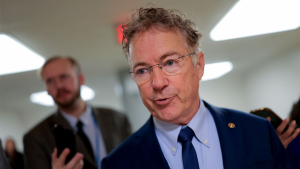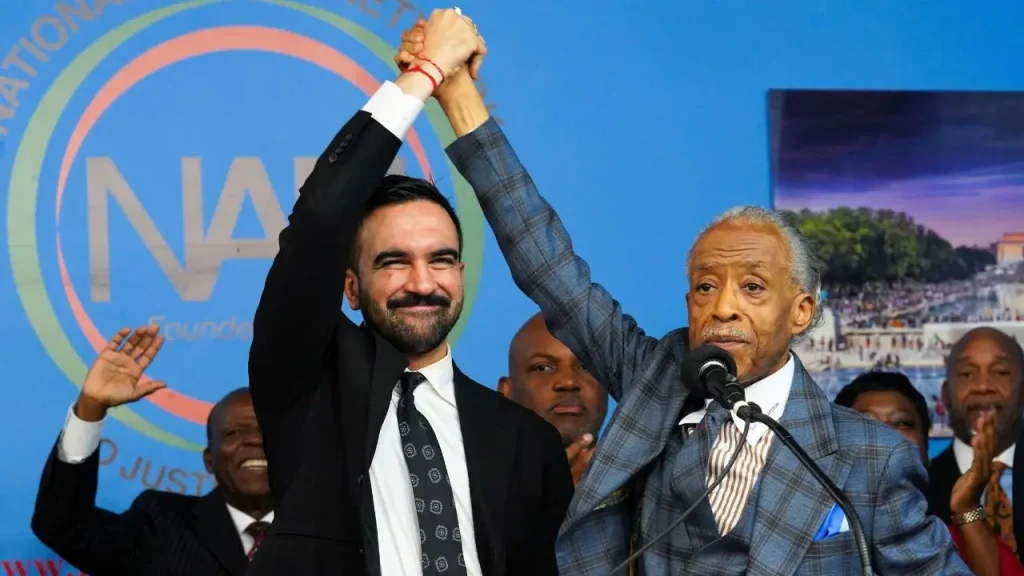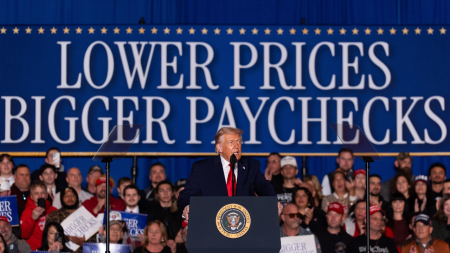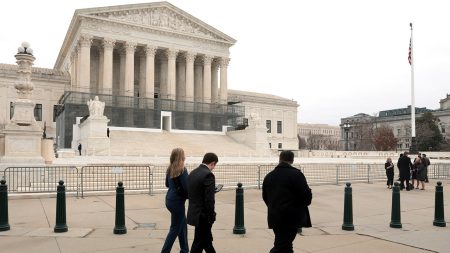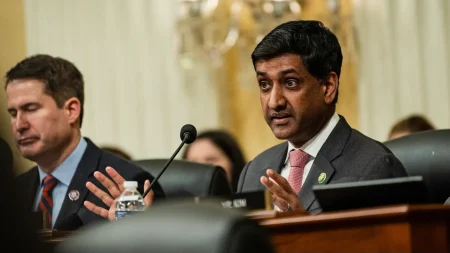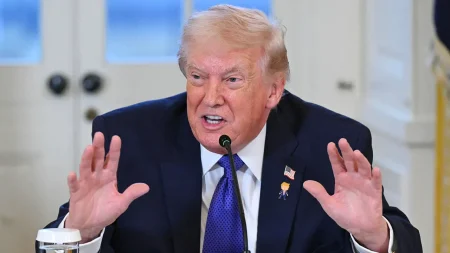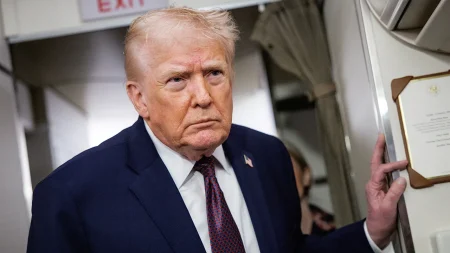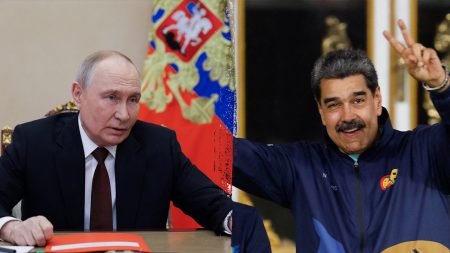Al Sharpton Defends Zohran Mamdani Against “Ugly Islamophobia” in NYC Mayoral Race
In a passionate gathering at Harlem’s House of Justice, the Reverend Al Sharpton took a firm stand against what he described as “ugly Islamophobia” permeating New York City’s mayoral race. Speaking at an event he hosted for Democratic candidate Zohran Mamdani, Sharpton expressed outrage at tactics he believes unfairly paint all Muslims as terrorists. “I am outraged at the ugly Islamophobia that has been used in this campaign to act as though every Muslim is a terrorist,” Sharpton declared to an enthusiastic audience at his National Action Network headquarters. He particularly condemned attempts to exploit the tragedy of 9/11 in political discourse, calling it “an insult to the intelligence of all New Yorkers.” The gathering also featured Pastor Miles Travis Boyd, whose mother died in the 9/11 attacks, alongside other faith leaders, creating a powerful interfaith backdrop for Sharpton’s message of unity.
Sharpton’s comments appeared to address recent criticism of Mamdani for meeting with Siraj Wahhaj, a Brooklyn imam who has controversial connections as an unindicted co-conspirator in the 1993 World Trade Center bombing. Defending the principle that merely meeting someone doesn’t imply endorsement of their actions or beliefs, Sharpton clarified his own position by stating he has denounced both the October 7, 2023, Hamas attacks in Israel and the subsequent war in Gaza. “I’m against Islamophobia. But to bring it into the politics of the biggest city in the world should not be allowed to go unchecked,” Sharpton asserted. In a call for interfaith solidarity, he added, “We are Christian. I’m a born-again Baptist, but I embrace the Muslim community to come from the shadows. The Jewish community to come from the shadows. And let’s walk down Broadway together.” Sharpton concluded by endorsing Mamdani, noting he was the only candidate who consistently showed up to their community events.
Following Sharpton’s endorsement, Mamdani took the stage and delivered a speech that drew historical parallels between contemporary social programs and the post-Civil War Freedmen’s Bureau, which provided education, relief, and family reunification services to formerly enslaved people and poor whites. The Democratic socialist candidate criticized former President Donald Trump, suggesting he would have dismantled such vital institutions: “If the Freedmen’s Bureau existed today, Donald Trump would pilfer its coffers and smear it as socialist overreach. He would do to it what he has done to SNAP, Medicare and Medicaid, to any program that dares to uplift the poor rather than comfort the wealthy.” This historical comparison served to frame Mamdani’s progressive vision for New York City and highlight what he sees as ongoing threats to essential social safety net programs.
The event highlighted the complex intersection of religion, identity politics, and economic policy in New York City’s mayoral race. Sharpton’s defense of Mamdani comes at a time when questions about religious association and extremism have become politically charged topics in campaign discourse. By bringing together Christian and Muslim faith leaders, including someone directly affected by 9/11, Sharpton attempted to create a counter-narrative to what he perceives as religious scapegoating. His emphasis on judging candidates by their records rather than religious associations reflects a broader concern about the use of religious identity as a political weapon, particularly in a diverse metropolis like New York City where interfaith relations remain sensitive but essential.
Mamdani used the platform to articulate his campaign’s vision, describing it as rooted in “moral and economic renewal” that would span across diverse neighborhoods from Harlem to Queens to Bay Ridge. “Over the past 12 months, my friends, we have built a movement around creating a society we would all like to see—a society where the poor receive aid, where those who work long nights are set free in the day, where injustice is banished from our city, and where faith is restored in City Hall,” he declared. This messaging positions Mamdani as a progressive advocate for working-class New Yorkers across religious and ethnic lines, seeking to transcend divisions that he and Sharpton suggest are being exploited by political opponents.
The gathering at Sharpton’s House of Justice represents a significant moment in New York City’s mayoral race, highlighting the ongoing tensions between religious identity and political representation. By framing Islamophobia as both a moral failing and a cynical political tactic, Sharpton has attempted to create space for Muslim candidates like Mamdani to be evaluated on policy positions rather than religious associations. Meanwhile, Mamdani’s invocation of the Freedmen’s Bureau connects current progressive policies to America’s historical efforts toward equality and support for marginalized communities. As the mayoral race continues, this event signals how religious identity, historical context, and economic policy will likely remain intertwined themes in the competition to lead America’s largest city. The alliance between Sharpton and Mamdani also demonstrates how progressive religious and political figures are working to build coalitions across faith traditions in response to perceived religious targeting in political discourse.


